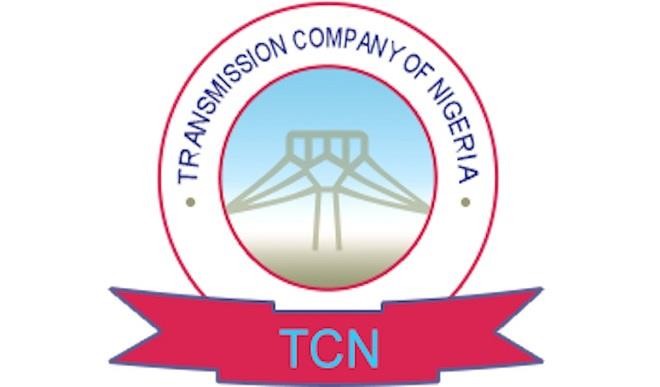Enough of instability at TCN
The controversial sack of Engineer Usman Gur Mohammed as Managing Director of the Transmission Company of Nigeria (TCN) and his replacement with Engineer Sule Ahmed Abdulaziz has exposed the lack of coordination between the Presidency and the Office of the Secretary to the Government of the Federation (SGF). The power-play has also aggravated the chaos […]

The Transmission Company of Nigeria (TCN)
The controversial sack of Engineer Usman Gur Mohammed as Managing Director of the Transmission Company of Nigeria (TCN) and his replacement with Engineer Sule Ahmed Abdulaziz has exposed the lack of coordination between the Presidency and the Office of the Secretary to the Government of the Federation (SGF). The power-play has also aggravated the chaos at the all-important power sector.
The Minister of Power, Engineer Sale Mamman, effected the removal of Engineer Gur Mohammed after receiving the nod to do so from the Presidency. However, the Secretary to the Government of the Federation, Boss Mustapha, faulted the process, saying ministers had no authority to remove chief executive officers (CEOs) of departments and agencies under their ministries. The SGF’s letter signifies that, upon appointment, ministers were not given the necessary orientation that would clearly define the lines of authority in government and how they relate to agencies they supervise. We call on government to come up with a clear reporting structure, which should spell out who has the power to fire CEOs hired at the pleasure of the president. In the power ministry alone, it would be the third half-baked sack issued by Engineer Mamman. Last year, his removal of Dr. Marilyn Amobi as Managing Director of the Nigerian Bulk Electricity Trading Company Plc (NBET) and Damilola Ogunbiyi also, as Managing Director of the Rural Electrification Agency (REA) were annulled after few weeks.
The confusion created by the recent removal of Engineer Mohammed epitomises the chaos at TCN since 2006. Looking like an agency that is in perpetual leadership crisis, TCN has had 14 chief executive officers in the last 14 years since it was created by ex-President Olusegun Obasanjo’s regime. On the average, each chief executive (expatriates and indigenous) spent only one year in that position. No organisation can fulfil its mandate under such unstable and high turnover of CEOs. No wonder, the power sector has remained in the woods in spite of the billions of dollars channeled into it by successive administrations.
The TCN plays a crucial role in the power sector. Its website states that it is supposed to carry out many activities, among them, to “operate, expand/upgrade transmission facilities for efficient and effective wheeling of generated electricity; build transmission grid that can efficiently evacuate all generated power; create adequate network redundancies to ensure at least 99.9 per cent reliability; reduce transmission losses to less than 5 per cent; improve TCN’s revenue base to ensure a self-sufficient and self-sustaining company; ensure that safety and environmental issues are managed to meet international standards;” and several other activities central to the success of the power sector.
No doubt, TCN has not lived up to its responsibilities, because the outcry from power generation and distribution companies has been the obsolete transmission infrastructure, which inhibits efforts by Discos to sell the bulk of electricity they purchase from Gencos. The implication is that, in order to keep the power sector alive, government has been, according to ministry of power, paying subsidy worth N1 billion every day to both Gencos and Discos. Even if this is a stop-gap measure, it is unsustainable. However, the blame for this wastage may not be put at the doorstep of the managing director of TCN. Government’s policy somersaults and vested interests at the highest level of governance may be responsible. There is no way a managing director who is under constant threat of sack can make an impressive impact, especially when the powers-that-be may not be keen about results but about pecuniary interest.
We call on The Presidency to put its house in order and stabilise the power sector by guaranteeing every chief executive the completion of their tenures, except they commit grievous infractions. Government has hinged the success of the power sector on the $2 billion transmission contract signed with Siemens of Germany. We advise that the project be executed to a logical conclusion; it must not be bitten by the bug of instability that has stifled the emancipation of the power sector.
